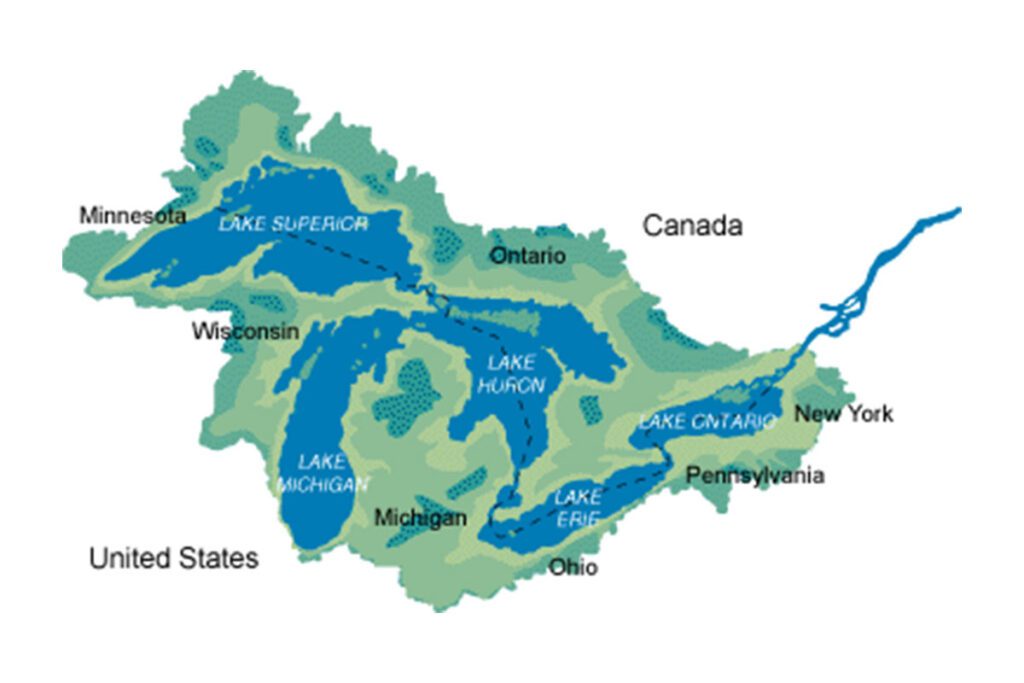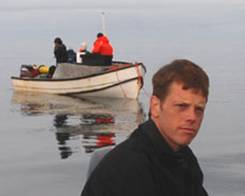Project Overview

Around bridges, shores, and piers, people often observe new citizens or racial minority groups fishing year-round and keeping everything they catch because they rely on fishing as an important source of nutrition. It may also be part of their identity or a sense of belonging in a new place. However, this is often hearsay and very little research has been dedicated to better understand this sub-population in order to better support their needs and preferences, as well as offering more inclusive fisheries management practices.
We propose that among the recreational fishing sector, there is a subgroup of “provisioning fishers” in the Great Lakes – defined and distinguished from other fisheries as fulfilling personal, social, and dietary needs of poor and vulnerable people, many who are new migrants to North America. As a result, we hypothesize that provisioning fisheries are currently unrepresented in fisheries assessment, governance, and management in the Great Lakes. This project will focus on vulnerable communities, particularly new migrants, to better understand how important fishing is to their food security, livelihood, culture, and identity.
Project Objectives
We are currently looking for MSc and PhD students to lead this project.
Please contact Dr. Vivian Nguyen for more information or see our Opportunities page for details.
Some of the questions we ask include:
- Is provisioning fisheries a distinct component of the Great Lakes angling community (do provisional fishers behave differently? Have different motives? Different values and belief system? Different fishing characteristics?)
- What socio-economic, ecological, cultural and institutional facts contribute to participation in provisioning fisheries and compliance within the Great Lakes?
- What is the potential distribution and impact of provisioning fisheries throughout the Great Lakes?
Project Team
Other Collaborators: Badhon Mahatub Khan, Jeanne Lois Coffin-Schmitt, Sheryl-Ann Simpson










